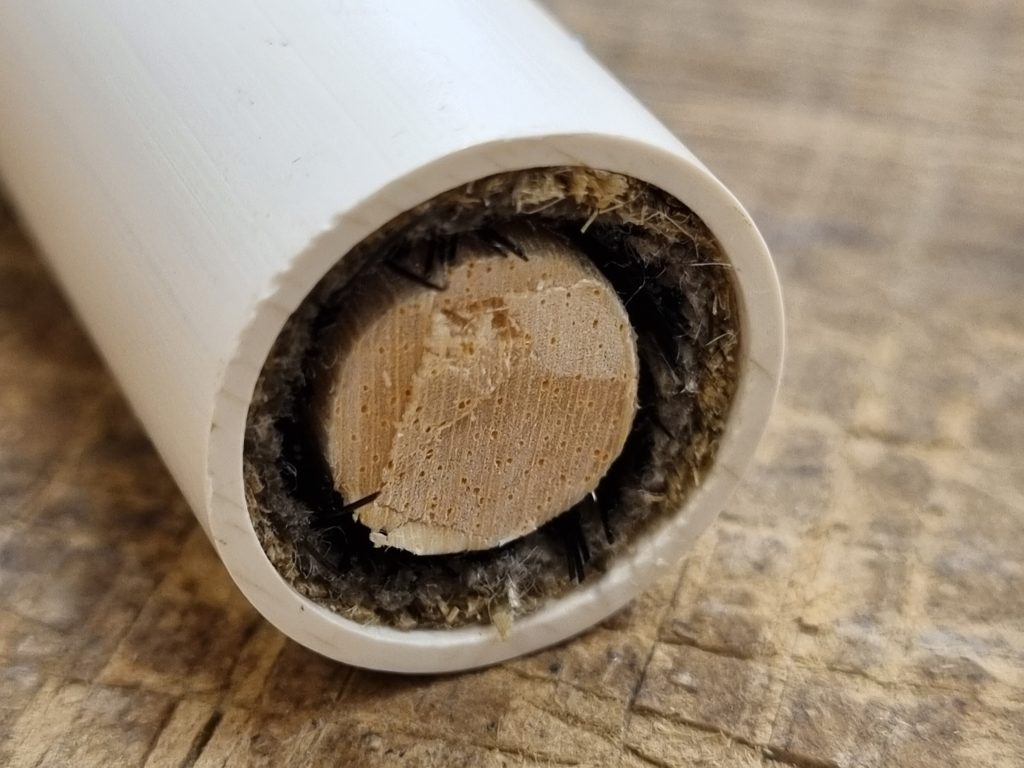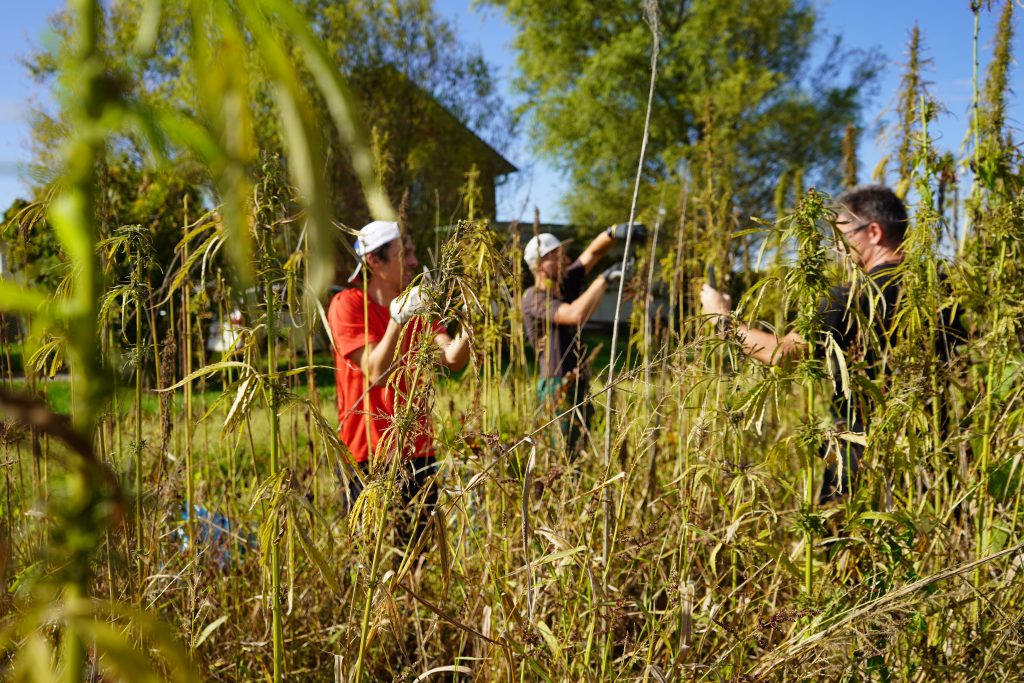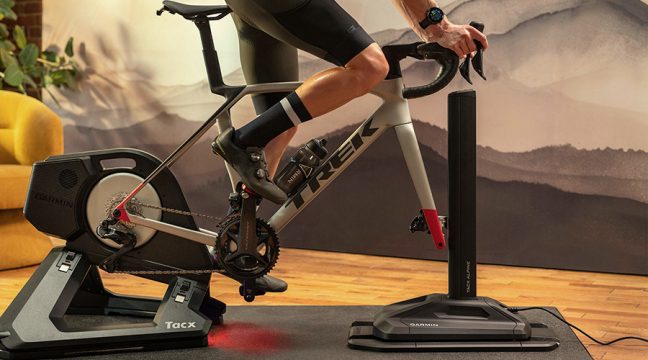Leki, the manufacturer of skiing, trekking and trail running poles, introduced a pilot program of 250 pairs of trekking poles manufactured by hand in Europe, with hemp grown and harvested in the Swabian Alb region near its headquarters in Kirchheim, Germany, and assembled in the Leki’s factory in the Czech Republic.

The Hemp One Vario will be sold this year as a limited series program through Globetrotter stores in Europe and will expand distribution in the U.S. in the summer of 2024. The trekking pole also marks Leki’s 75th anniversary. Product features include:
- Shaft made of 100 percent hemp fibers with resin
- Core made of 25 percent hemp fibers with a CorTec surface of natural cork content
- The strap is made with 100 percent natural linen flax fibers (made in Germany)
- The basket is made from 25 percent hemp fibers
- Pole weighs 10 oz
 “The Hemp One Vario is the first pole that consistently pursues the use of organic materials as a replacement for aluminum and carbon,” said Matthias Hatt, CEO of Leki. “With this project, we have taken a big step forward in developing sustainable technologies through fundamental research, and we see a lot of development potential for the future.”
“The Hemp One Vario is the first pole that consistently pursues the use of organic materials as a replacement for aluminum and carbon,” said Matthias Hatt, CEO of Leki. “With this project, we have taken a big step forward in developing sustainable technologies through fundamental research, and we see a lot of development potential for the future.”
According to Leki, “raw hemp fibers are twice as strong as steel, and hemp bends and mends approximately six times better than steel. The sustainable aspects of hemp are tremendous compared to other natural ingredients requiring little water or land area, and it nourishes the soil, enabling more secure and renewable harvests. While weighing slightly more than carbon and aluminum poles by just a few ounces, the Hemp One Vario’s sustainable properties and strength-to-weight ratio offset this and are groundbreaking in responsibly replacing materials and components used in the traditional manufacturing of hard goods.”
Leki introduced the Hemp One Vario at ISPO last month and won the ISPO Award 2023. The ISPO Award Jury said, “Leki is embarking on an exciting new path with the Hemp One Vario. The consistent, sustainable approach, incorporating regionally renewable raw materials, can be described as a flagship project. Such innovations enrich the outdoor market on its way towards a resource-efficient and more sustainable future.”
Photos courtesy Leki











